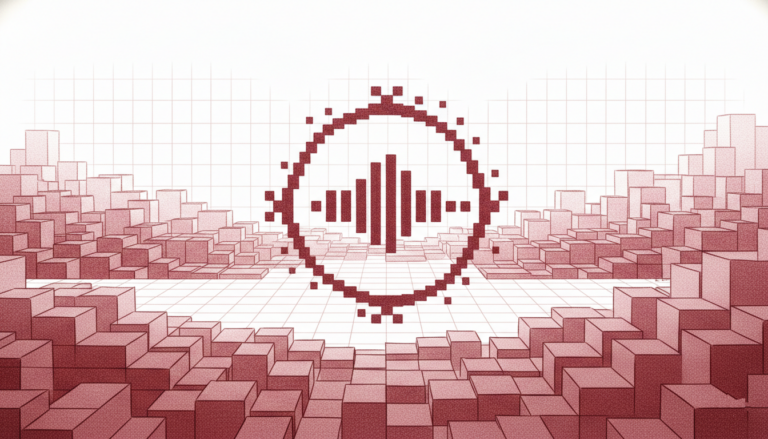Bluesky CEO urges humans to keep critical thinking skills as AI reshapes the workforce
Bluesky CEO Jay Graber has urged individuals to maintain critical thinking in an era increasingly dominated by artificial intelligence, emphasizing that relying entirely on AI tools for decision-making or creative tasks risks undermining human judgment. In an interview with Business Insider, Graber highlighted the importance of balancing AI assistance with personal expertise, stating that while AI can enhance productivity, it cannot replace the nuanced reasoning and context-awareness inherent to human intelligence. Graber explained that Bluesky, the social media platform co-founded by Twitter’s former president, employs AI in areas such as content moderation and curation but ensures human oversight at every stage. “We never let AI operate autonomously,” she said, noting that employees review and refine its outputs to align with the platform’s values and goals. She argued that AI systems, when left unmonitored, lack the contextual understanding and ethical considerations necessary for effective decision-making. “They might produce something that sounds or looks right, but it’s not necessarily correct,” she added. The CEO stressed the need for a “generalist mindset” in the age of AI, which she described as offering “specialist expertise packaged up.” While AI can automate specific tasks, she said, the ability to evaluate its outputs and apply knowledge creatively remains a uniquely human skill. “You need good judgment about how to use it and flexibility to turn that knowledge into something useful,” Graber explained. This approach, she argued, is crucial for professionals across industries, from writers to engineers. Despite AI’s growing capabilities, Graber maintained that foundational skills—such as writing, coding, or data analysis—are still essential. She pointed out that while AI can assist with drafting essays or generating code, users must understand the underlying principles to assess quality and accuracy. “If you don’t know what good code looks like or how to build a system, you won’t be able to evaluate AI’s output effectively,” she said. This perspective aligns with broader concerns about over-reliance on AI, which could erode core competencies and critical evaluation abilities. Graber’s comments reflect a growing debate about AI’s role in the workforce. As tools like large language models become more prevalent, experts warn that workers must adapt by developing skills that complement automation rather than depend on it. Bluesky’s approach, she said, underscores the value of human input in ensuring reliability and ethical alignment. The CEO also noted that AI’s rise has intensified competition for talent, with companies like OpenAI and Anthropic vying for top researchers and engineers. However, she emphasized that human expertise remains irreplaceable, particularly in complex problem-solving and judgment-based tasks. “AI is a powerful tool, but it’s not a substitute for the critical thinking and adaptability that humans bring to the table,” Graber concluded. Her remarks come as organizations grapple with integrating AI while preserving accountability and innovation. By advocating for a hybrid model—where AI augments, rather than replaces, human capabilities—Graber positions Bluesky as a proponent of responsible technology use. As AI continues to evolve, her message serves as a reminder that mastery of fundamentals and the ability to question and refine machine-generated work will be vital for professionals navigating this new landscape.
